The humble title of Seymour Hersh’s memoir is somewhat at odds with the tone of the book. He says the celebrated New York Times Vietnam War correspondent David Halberstam once wrote to him saying: ‘You are, my friend, a national treasure. Bless you.’
Another New York Times star, Harrison Salisbury, is quoted in reference to the Watergate scandal:
It was as though Sy Hersh had been born for this moment. At long last the great investigative story and the great investigative reporter had been linked.
To be fair, Hersh has much to be immodest about. He is best known for exposing what happened in the village of My Lai, Vietnam, where First Lieutenant William L. Calley Jnr was accused by the US army of directing the killing of 109 ‘oriental’ men, women and children. ‘Did the army mean to suggest that one oriental life was somehow worth less than that of a white American?’ Hersh asks. The answer is yes. After being sentenced to life in prison with hard labour for the premeditated murder of 22 Vietnamese civilians on 31 March 1971, Calley spent a mere three months and 13 days behind bars.
How could a bunch of American kids end up doing what Calley and his colleagues did, wonders Hersh. One of his sources describes his shock on arriving in Vietnam and seeing ‘an American troop carrier drive by with about 20 human ears tied to the antenna’.
Gunship pilots on their way back to base would sometimes dive towards farmers, trying to decapitate them with the rotor blades, an army source admits to Hersh. The chopper pilot and crew would later pay local Vietnamese to wash the blood off the rotors. Hersh won a Pulitzer prize for the My Lai story and five George Polk awards for his reports about civil rights, the Pentagon, Watergate, Intelligence abuses and other topics.
He boasts that he came up the hard way — his family were ‘lower-middle class’. His father Isadora owned a cleaning shop in the black ghetto on Chicago’s South Side. Sy and his brother lived in fear of Isadora,
whose idea of a fun Sunday was to rise early, grab the two of us, drive to the store, mop the floor, and then take us to the Russian bathhouse, long gone now, on Chicago’s West side, where we would be sweated and then scrubbed down with rough birch branches.
Isadora smoked 60 Lucky Strikes a day and died of lung cancer aged 49 in 1954, a month after Sy graduated from high school.
His first real job was as a copy boy at City News, a reporting agency where his editor, Larry Mulay, would put on white gloves every morning to check to see if his desk had been polished properly by Hersh. The novice was told a golden rule of reporting — ‘If your mother says she loves you, check it out’ — and a cruel fact: if a family of five ‘negroes’ dies in a house fire it’s not news. He is asked after one such conflagration: ‘Do the, alas, poor, unfortunate victims happen to be of the negro persuasion?’ When told they do, Hersh is instructed: ‘Cheap it out’ — i.e., write one line: ‘Five negroes died in a fire last night on the Southwest Side.’
One another occasion, he hears a Chicago cop boast that he’d told a black man to ‘beat it — then I plugged him’. Hersh finds the coroner’s report, which says the victim was shot in the back. No one at City News is interested.
I shuffled off to six months of army training, full of despair at my weakness and the weakness of a profession that dealt so easily with compromise and self-censorship. I had found my calling and learned, very quickly, that it wasn’t perfect. Neither was I.
Hersh later finds that compromise and self-censorship exist at America’s most important (or self-important) paper, the New York Times. Stories relating to the Nixon administration were routinely checked with its all-powerful National Security Adviser (and later Secretary of State) Henry Kissinger.
Hersh is advised by an editor to run his stories about the Intelligence community by ‘Henry and Dick [Helms, chief of the CIA]’. He says: ‘Run it by Henry and Dick? They were the architects of the idiocy and criminality I was desperate to write about.’ (Helms’s biographer, Thomas Powers, once described him as ‘a gentlemanly planner of assassinations’.) A ‘near daily ritual’ involved a Times reporter talking on the telephone to Kissinger and then writing a foreign policy story that ‘invariably led the paper the following day’. Hersh asks the reporter concerned if he checks what Kissinger told him with other Nixon administration officials. ‘Oh no, if I did that Henry wouldn’t speak to us.’ Hersh says of Kissinger: ‘The man lied the way most people breathed.’
Well, you can’t say fairer than that. Despite his skill at blowing his own trumpet, Hersh’s tone often seems uncertain when writing about himself. He says he only wrote this memoir to placate his publisher after delaying a forthcoming exposé about wicked Dick Cheney, George W. Bush’s all-powerful vice president.
Got something to add? Join the discussion and comment below.
Get 10 issues for just $10
Subscribe to The Spectator Australia today for the next 10 magazine issues, plus full online access, for just $10.
You might disagree with half of it, but you’ll enjoy reading all of it. Try your first month for free, then just $2 a week for the remainder of your first year.

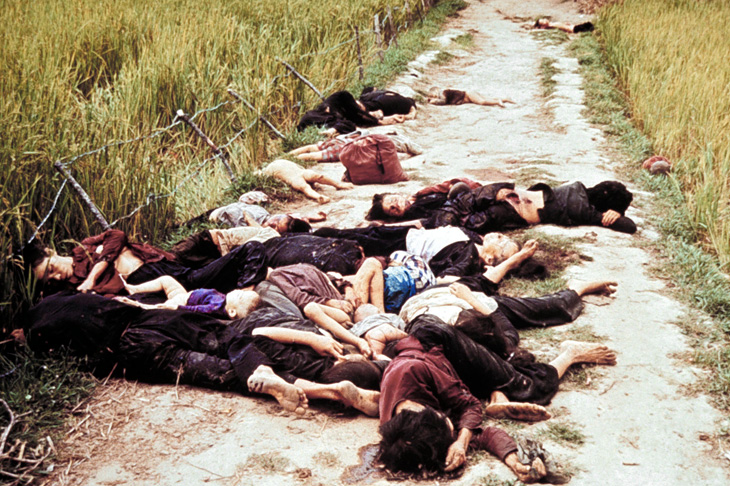
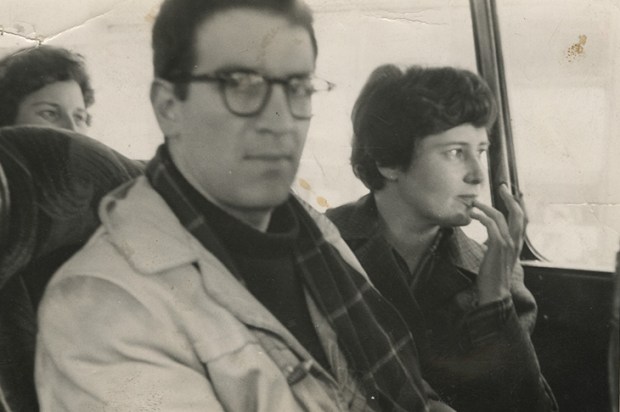

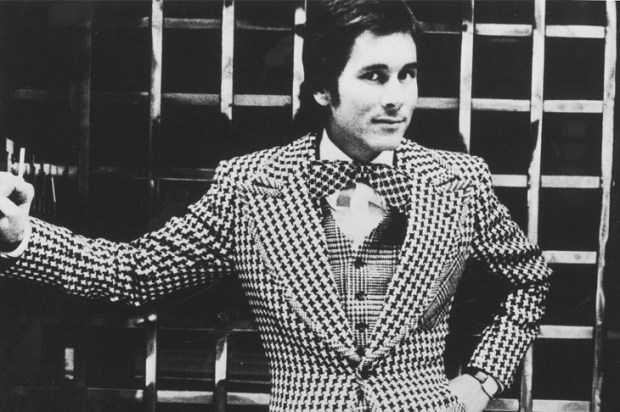
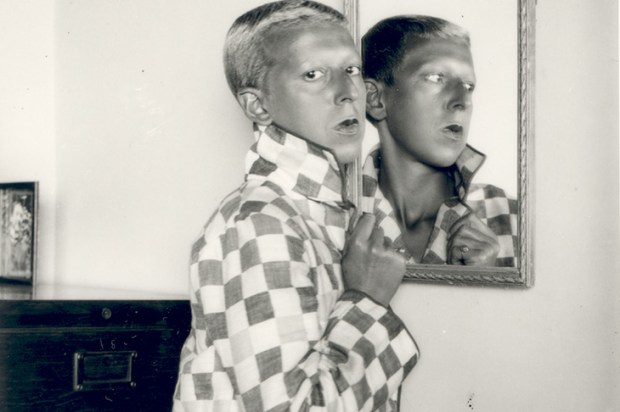
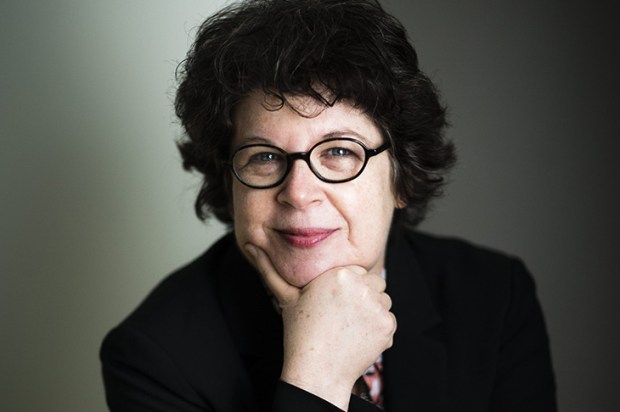
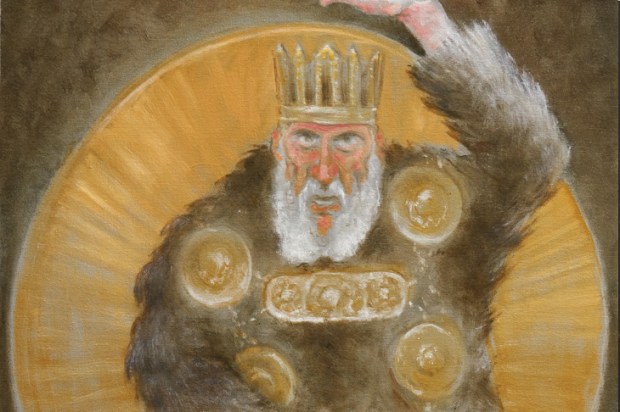






Comments
Don't miss out
Join the conversation with other Spectator Australia readers. Subscribe to leave a comment.
SUBSCRIBEAlready a subscriber? Log in